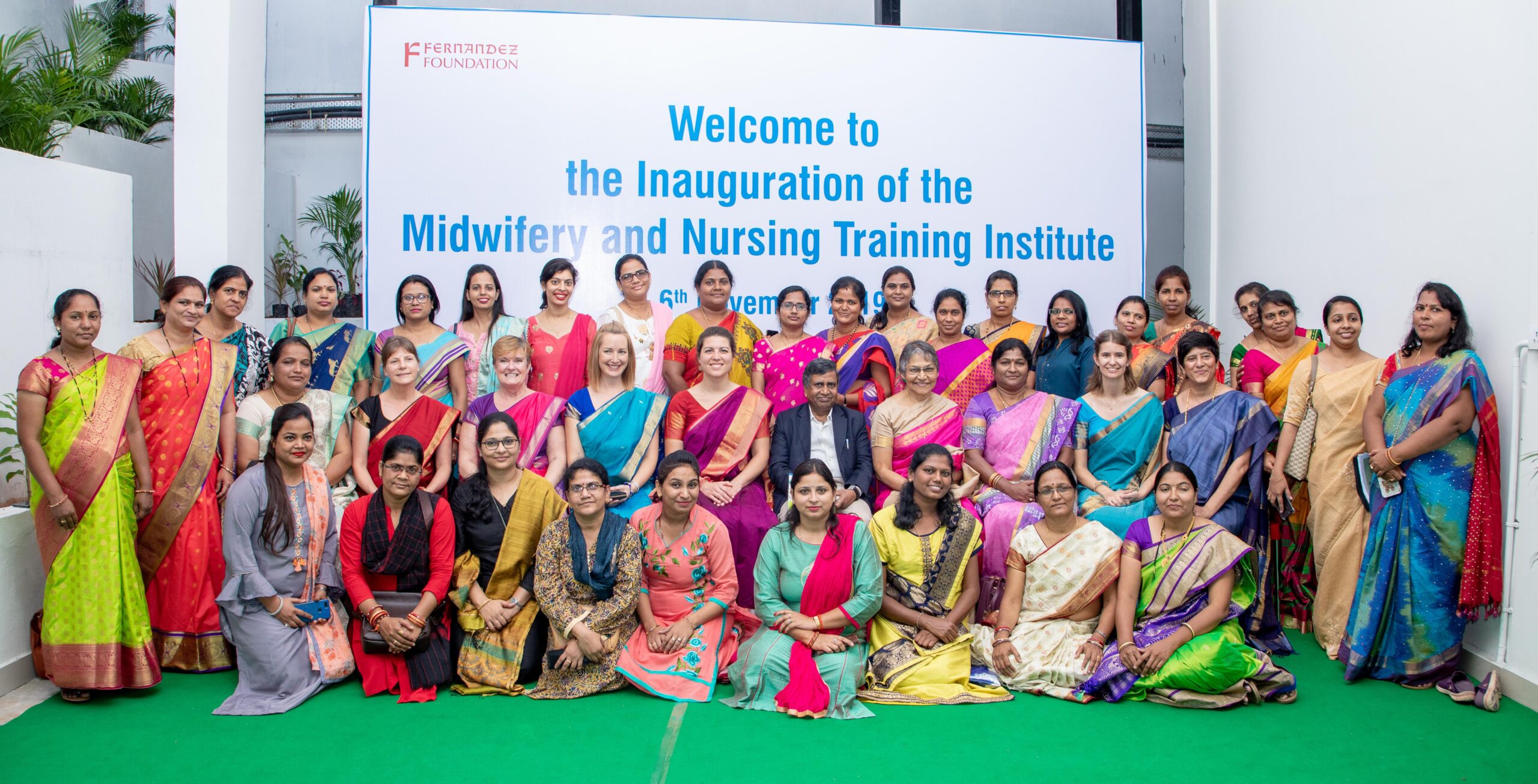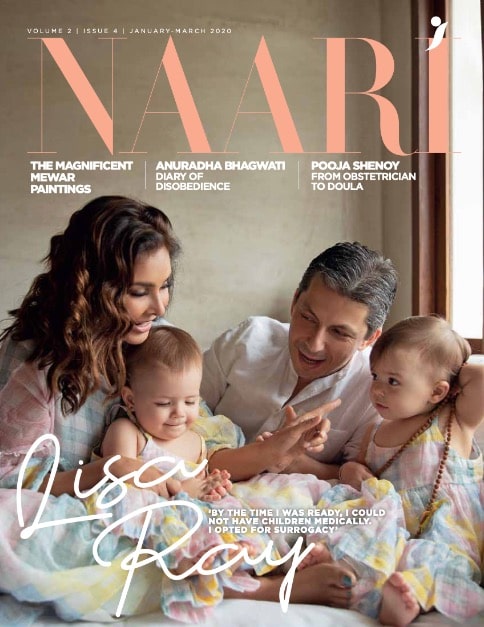The Fernandez National Midwifery Training Institute, in collaboration with the Government of India, launched the Nurse Practitioner Midwifery Educator (NPME) training programme in November 2019. Fernandez Foundation was recognised as one of the National Midwifery Training Institutes (NMTI). The NMTI aimed to train midwifery educators who will return to their respective states to educate, train, and mentor new midwives. So far, 60 NPMEs have been trained at the institute, representing a beacon of hope for birthing mothers in India.
The core philosophy of the NPME training is centred around making the birthing mother the focal point of all decisions regarding her and her baby’s health, transforming current practices into women-centric best practices. The training emphasises respectful and positive birthing experiences, evidence-based care, and mother-centered practices. The NPME programme covers maternal care at all stages of pregnancy and highlights the importance of collaboration among healthcare professionals. The trainees have been inspired to bring about changes in current practices and aim to revolutionise the field of midwifery in India.
Ashwini, a trainee from Karnataka, shared her thoughts: “Currently, there are practices in my state that are not evidence-based. The NPME training has debunked many of these practices and ensured that women-centric practices are followed.”
A crucial aspect of the midwifery philosophy of care is respecting the birthing mother and her newborn, which includes using appropriate language. Verbal abuse is prevalent in many facilities. Ashwini adds, “As students, we witnessed verbal abuse during births. It was disheartening because we couldn’t do anything at the time.”
Dr N Prasuna, a teaching faculty member at Sri Patmothama Government College and an NPME learner of our alumni, recalls the abusive situations and excessive medical interventions, such as unnecessary inductions and episiotomies performed without consent. She emphasises the importance of postnatal care, noting that it is as critical as antenatal care, a concept often neglected.
Practices such as delayed cord clamping, immediate skin-to-skin contact, and obtaining the mother’s consent have been introduced to provide mother-centered care. Ashwini highlights that ensuring “100% privacy” and strictly prohibiting verbal abuse is essential. This begins with sensitising mothers about their rights during childbirth. Health education during the antenatal period is vital, as it can reduce anxiety and fear during the birthing process.
The NPME programme covers maternal care at all stages of pregnancy: antenatal, intrapartum, and postpartum. A midwife supports the mother throughout her birth journey. Sucharitha Das, a learner from Odisha, emphasises the partnership between midwife and mother, where both work together to ensure the mother has the information and autonomy to make decisions regarding her care.
Subbibhargav’s training highlighted the difference between nursing, which provides holistic care, and midwifery, which treats mothers as individuals. She explains, “We don’t say ‘patient’ because a mother is never a patient.” Fernandez is one of the few institutes in India practising this approach, teaching learners to view birth as a physiological philosophy of care to treat the mother as an individual. Similarly, Madhusmitha, another NPME trainee, found the quality care model impactful, as it incorporates continuous and compassionate care, ensuring effective communication for respectful maternity care.
The midwifery philosophy of care calls for collaboration among all healthcare professionals. The training programme has inspired our alumni to place their learning into practice, starting with basic changes. They recognise the need for support from their state’s board of directors. Ashwini believes, “It may become the midwifery era in India. All future midwives should aim to change practices in every hospital.”
Dr N Prasuna, a teaching faculty member and NPME learner, highlights the importance of autonomy in midwifery practice and the impact of international standards on their journey. She pursued midwifery for the autonomy it provides, which she found lacking in nursing. She states, “This is my calling where I can practice independently.” She is enthusiastic about this new direction and proud to be part of the initiative to start independent midwifery practice in India. Reflecting on her journey, she says, “It’s been an amazing journey. We were fortunate to see and practice international standards of midwifery.”










